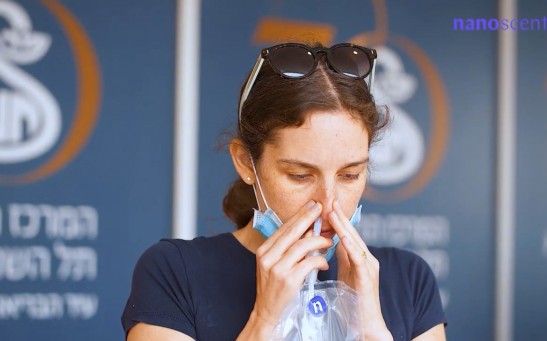CoViD-19

Hong Kong Scientists Report Their First COVID-19 Reinfection

COVID-19 Update: New Zealand Extends Auckland Lockdown

Genome Sequencing Tells Us the Auckland Outbreak Is a Single Cluster — Except for One Case
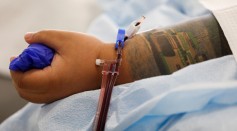
Convalescent Plasma Donation Fights Conflict With 40-Year Restriction on Blood Donation

Risks and Considerations in Choosing Child Care Services This COVID-19 Pandemic
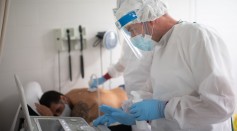
COVID-19 Deaths Reveal Blood Clots, Lung Injuries In New Post-Mortem Study

Real Vs. Fake: How to Avoid Fraudulent COVID-19 Contact Tracing Calls

Experts Warn Oleander Plant NOT a COVID-19 Cure
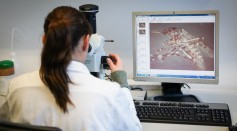
Coronavirus Patients Recommended to Take Extra Precautions with West Nile Fever

We Are Nowhere Near COVID-19 Herd Immunity, WHO Warns
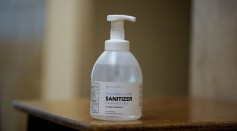
FDA's List of Toxic Hand Sanitizers Grows as Methanol Contamination Continues

COVID Update: New Zealand Reports 13 New Cases, Total Now 69
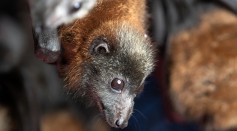
COVID-19 Traced to Chinese Miners Back in 2012, According to a New Report

Frozen Foods: Do They Help Spread COVID-19?
Most Popular

China’s Tiangong Space Station to Expand Its Capabilities With New Modules

AI Revolution in Medical Education: Transforming How Healthcare Professionals Learn

Exploring Life Beyond Earth: Study Claims Other Planets Could Be Suitable for Alien Life

Out of Office, Not Out of Mind: Planning for Employee Holiday Absences

